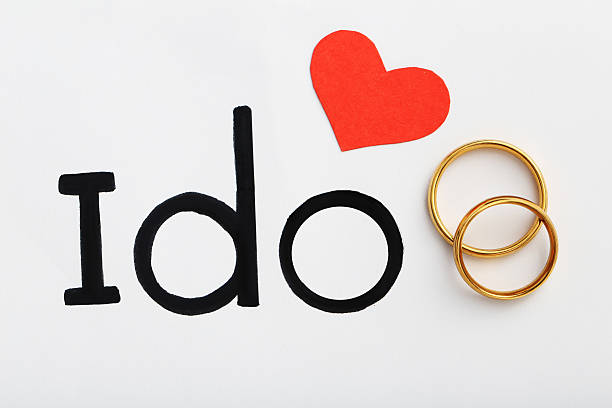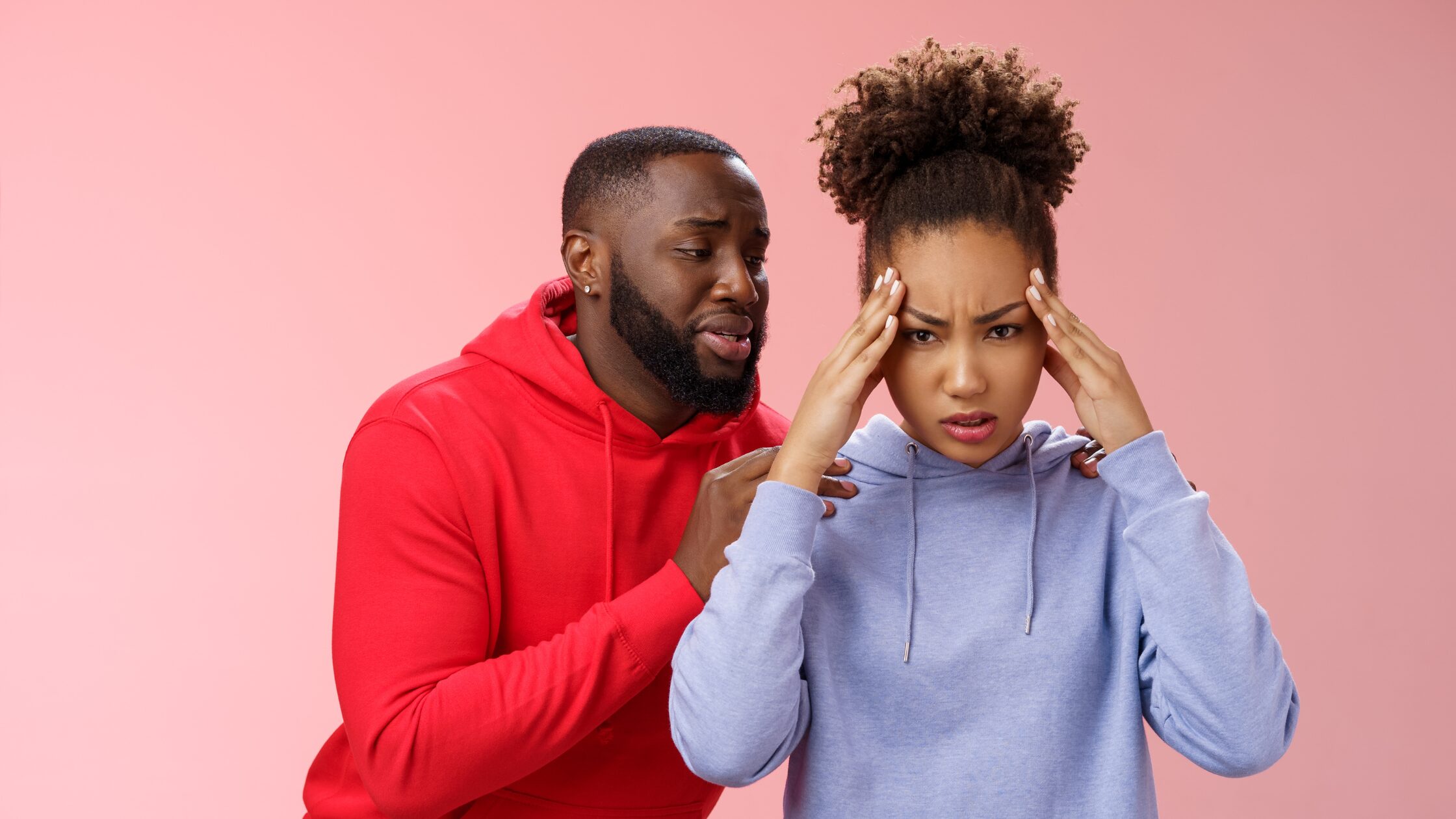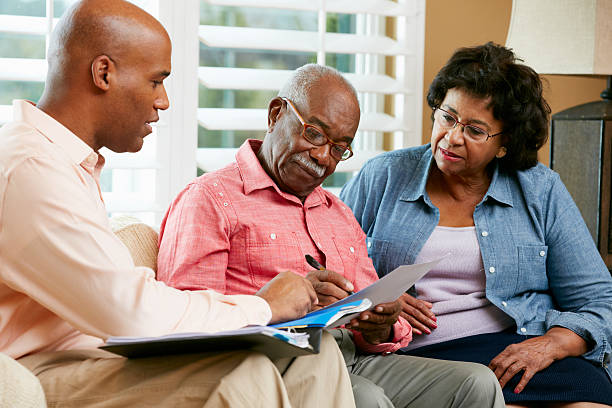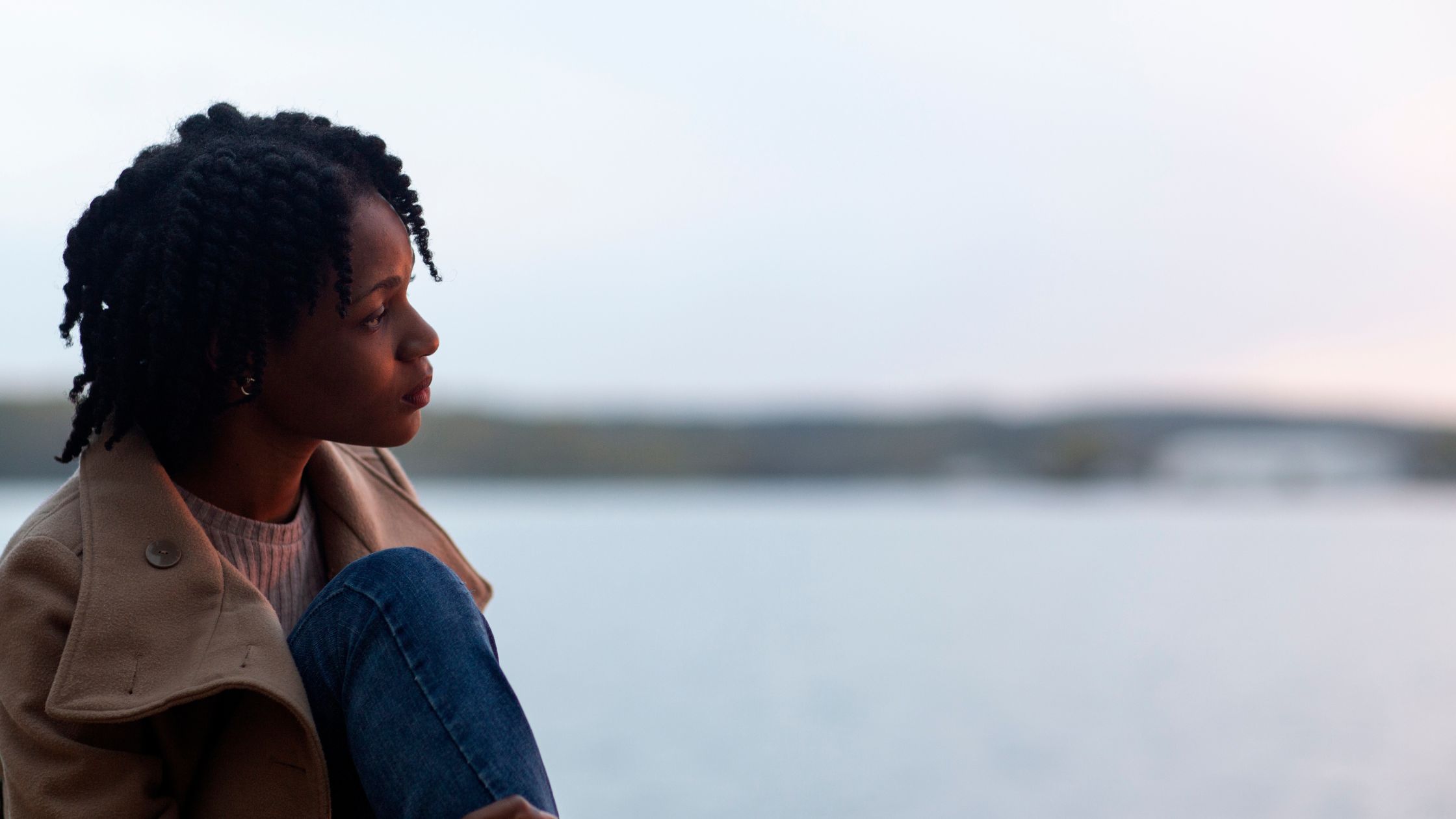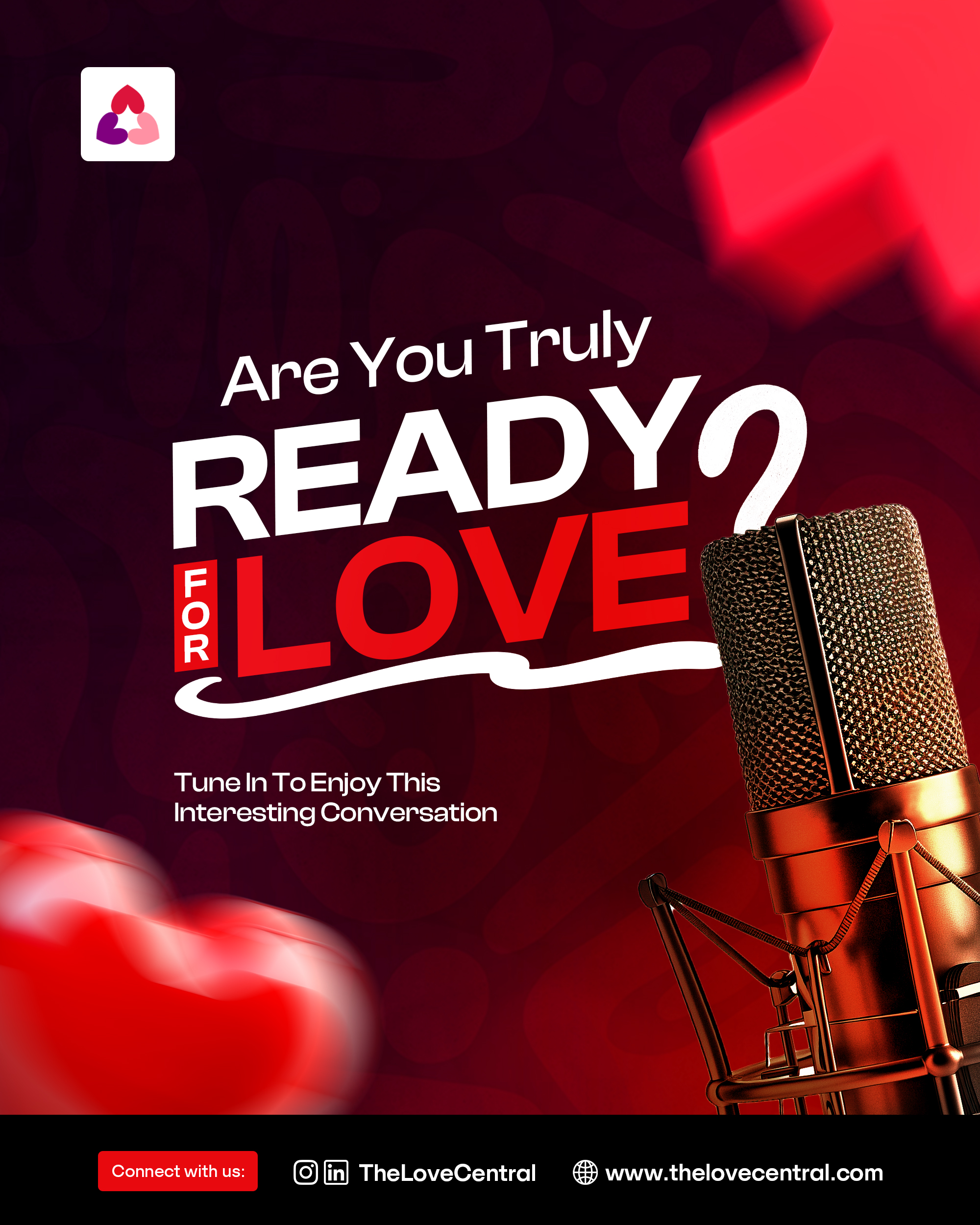Not too long ago, love for Africans was almost always a communal affair. Families arranged introductions, elders gave their blessings, and the journey to marriage followed a predictable path. A young man might travel back to his village for Christmas, where an aunt had already “set someone aside” for him. Or a friend-of-a-friend would quietly play matchmaker. Dating was less about choice and more about family alignment, tradition, and timing.
Fast forward to today, and the landscape couldn’t be more different. For Africans in the diaspora, dating now often begins in the most unexpected of places: a casual swipe on Tinder, a witty comment under an Instagram post, or even a networking event that turns into a romantic connection.
This shift is more than just a change in how people meet. It represents a deeper transformation in values, expectations, and identity. For diaspora Africans those living in the UK, US, Canada, Europe, and beyond modern dating is about weaving tradition into a global lifestyle, balancing cultural heritage with new realities, and redefining what love means in a digital-first world.
This comprehensive guide explores the modern dating trends shaping Africans in the diaspora: the role of technology, the rise of cross-cultural relationships, shifting attitudes toward marriage and money, the embrace of therapy and emotional intelligence, and the influence of pop culture on love.
1. Technology and Dating Apps
Technology has become the single most powerful disruptor of how Africans in the diaspora date. In the past decade, apps have moved from being seen as “desperate” to being considered mainstream.
A 2022 Pew Research Center study reports that 1 in 10 partnered U.S. adults meaning those who are married, living with a partner, or in a committed relationship say they met their current significant other through a dating site or app. Among partnered adults under age 30, that number rises to 1 in 5.
- Global Platforms: Apps like Tinder, Bumble, and Hinge dominate the diaspora scene, especially in cities like London, Toronto, and New York. They allow Africans abroad to connect with people outside their immediate circles, expanding beyond community boundaries.
- African-Focused Apps: Platforms like AfroIntroductions, TrulyAfrican, and MuzMatch cater to those who want culturally aligned matches. A Nigerian Muslim in London can meet someone who understands both her faith and heritage.
Beyond formal apps, Instagram DMs, Twitter replies, and TikTok duets have become organic dating spaces. For many diaspora Africans, posting a dance challenge or sharing cultural memes becomes a subtle way of signaling interest.
Read more on dating apps you can explore here: The Top 5 Dating Apps in Canada (2025)
2. Cross-Cultural Love and Diaspora Challenges
Diaspora living naturally exposes Africans to diverse dating pools. As such, interracial and intercultural relationships are on the rise. While love across boundaries can be beautiful, it comes with unique challenges.
- Cultural Expectations: Parents may expect traditional bride price, elaborate weddings, or marriage within the tribe. For instance, a Yoruba family in London might still insist their son marries another Yoruba woman even if his heart leans elsewhere.
- Faith and Belief Systems: Religious alignment remains a strong consideration. Marrying outside the faith is often harder to negotiate than marrying outside the culture.
- Identity Struggles: Some Africans in the diaspora wrestle with guilt or judgment when dating outside their ethnicity. They may hear comments like, “You’ve forgotten your roots” or “White women are taking all our men.”
- External Bias: Couples also face racism or subtle prejudice, particularly in societies where interracial love is scrutinized.
Yet, many embrace cross-cultural love as a way to create families that bridge worlds. Children of such unions often embody a blend of African heritage and global identity, carrying stories of both cultures.
Related article: 10 Golden Rules for Thriving in Cross-Cultural Love
3. New Norms Around Marriage, Commitment, and Money
For older generations, marriage was the milestone that signified adulthood. In African societies, not marrying by a certain age was seen as a failure. But diaspora Africans are rewriting these rules.
- Delayed Marriage: Education, career pursuits, and personal goals now take precedence. According to the U.S. Census Bureau via USA Facts, in 2024, the average age at first marriage was 30.2 years for men and 28.6 years for women.
- Partnership over Pressure: Instead of bowing to cultural pressure, many couples prioritize compatibility, friendship, and financial readiness before tying the knot.
- Money and Gender Roles: Women in the diaspora often earn more than their partners, challenging traditional African expectations where men are breadwinners. Conversations about joint accounts, financial independence, and household contributions are now central.
Related article: Love & Money: Should You Tell Your Partner How Much You Earn?
4. Emotional Intelligence, Therapy, and Self-Awareness in Dating
In many African homes, therapy was once taboo. Struggles were taken to prayer meetings, not counseling sessions. But diaspora Africans particularly millennials and Gen Z are shifting this narrative.
- Therapy and Counseling: It’s becoming increasingly common to hear Africans abroad say, “I talked to my therapist about this.” Pre-marital counseling has also expanded beyond church programs into professional therapy sessions.
- Self-Awareness Tools: Love languages, attachment styles, and personality tests are now conversation starters. Couples actively seek partners who understand emotional boundaries and communication.
- Breaking Cycles: Many diaspora Africans are determined not to repeat toxic relationship dynamics they saw growing up, such as emotionally distant fathers or controlling marriages.
Related article: How Marriage Therapy Can Reinvent Your Relationship
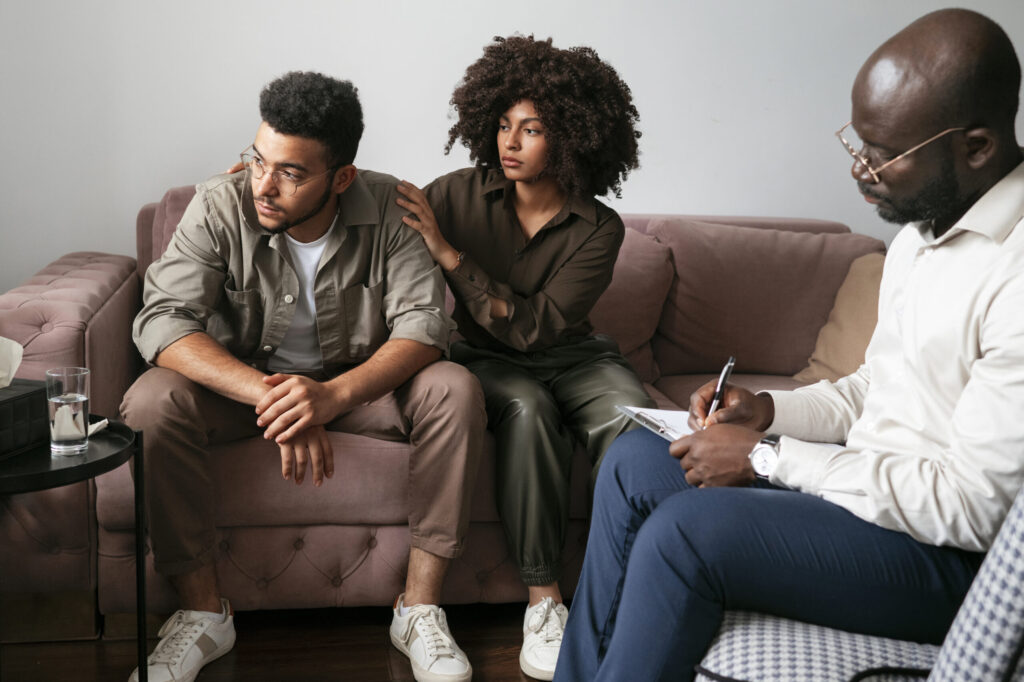
5. Pop Culture Influences: Social Media, Reality Shows, and Celebrity Couples
Pop culture has become one of the most powerful drivers of dating expectations among diaspora Africans.
- Social Media Couples: Instagram and TikTok couples monetize their relationships, setting aspirational #CoupleGoals. From matching outfits to luxury vacations, love is both lived and performed online.
- Reality Shows: Programs like Love Island UK and Too Hot to Handle shape ideas of attractiveness and drama in dating. Meanwhile, African shows like Ultimate Love Nigeria offer culturally tailored narratives.
- Celebrity Influence: Stars like Davido and Chioma or Burna Boy and Stefflon Don (before their split) often become reference points in conversations about love, loyalty, and success.
Related article: The Dangers of Following Relationship Advice from Social Media Influencers
6. Tradition Meets Modernity: Bridging the Gap
Despite all the changes, African traditions remain remarkably resilient. Diaspora Africans often find themselves navigating two worlds: the freedom of modern love and the weight of cultural expectations.
- Hybrid Weddings: Couples may host a traditional ceremony in Lagos or Accra, then hold a white wedding in London or Toronto.
- Parental Influence: Even abroad, parents play strong roles in approving relationships. Some even encourage their children to return home to “find a wife or husband.”
- Pride in Heritage: Far from abandoning tradition, many diaspora Africans proudly wear agbada, kente, or isiagu at their weddings, symbols of identity passed to the next generation.
Related article: Modern Love, Ancient Wisdom: Timeless Techniques to Make a Lasting First Impression
Conclusion
Modern dating for Africans in the diaspora should be balanced between tradition and modern norms. Technology introduces new ways to meet, but cultural values still frame relationships. Money and gender roles are being renegotiated. Emotional intelligence and therapy are rewriting what intimacy looks like. And pop culture continues to fuel aspirations. The future of love for Africans abroad is deeply rooted in heritage yet open to the possibilities of global connection. In this dynamic landscape, one truth remains constant.



